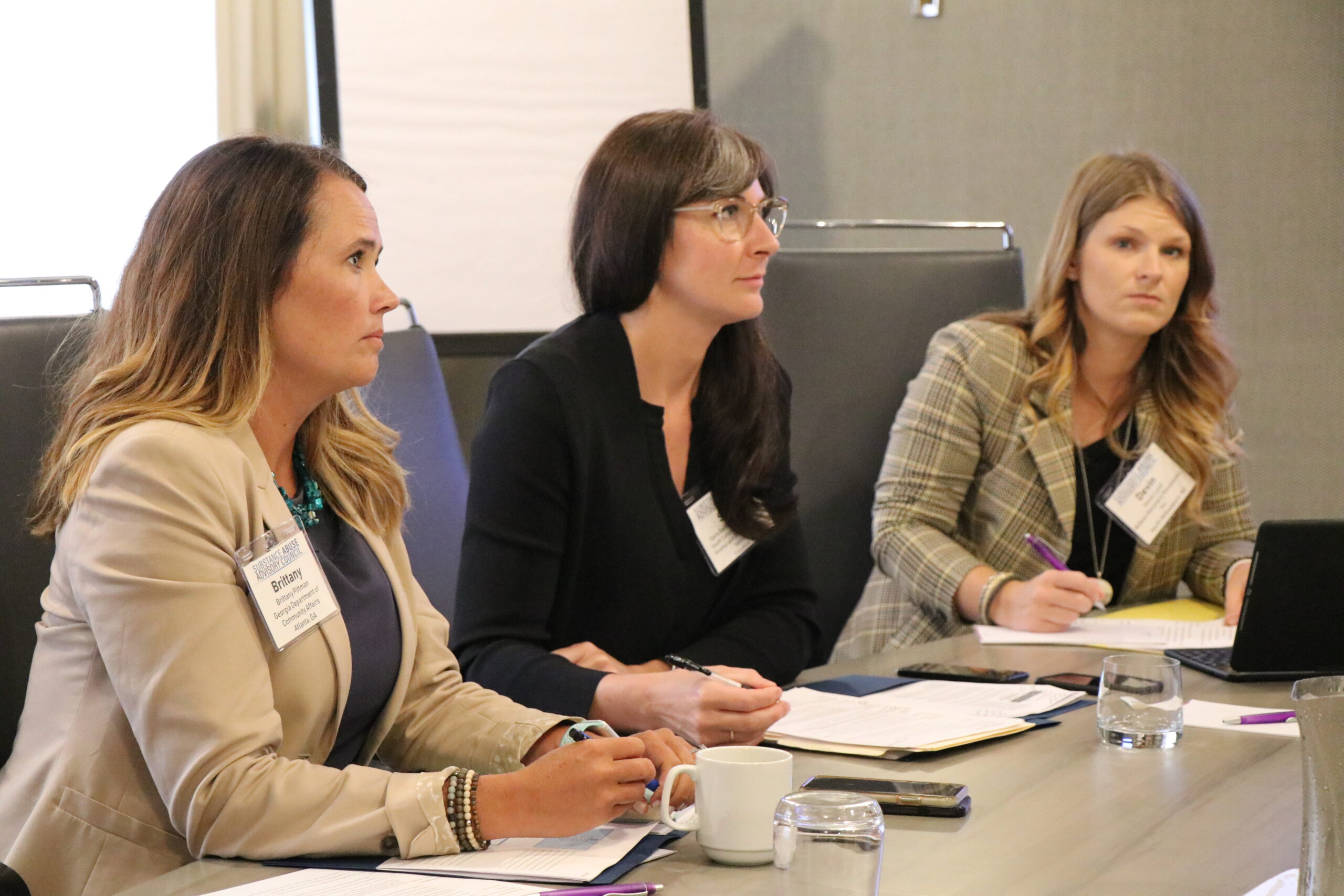ARC formed the Substance Use Disorder Advisory Council in May 2019 to offer recommendations for the Commission to consider as part of a strategic plan to build and strengthen recovery ecosystems throughout the Appalachian Region. The Council is a volunteer advisory group made up of 23 leaders from law enforcement, recovery services, health, economic development, private industry, education, state government and other sectors. Its first task was to develop recommendations for ARC to consider as part of a robust recovery ecosystem. The Council met and discussed insights from a series of Recovery-to-Work listening sessions ARC hosted across the region, and presented their formal recommendations to ARC in August 2019. ARC continues to rely on the Council for their guidance and expertise in addressing the economic impacts of the Appalachia’s substance use disorder crisis.
Advisory Council Recommendations for ARC’s Recovery Ecosystem Efforts
The Council convened in Knoxville, Tennessee in May 2019 and again in Washington, DC in July 2019. During the three intervening months, the Council continued their work by holding several remote meetings and discussions. During these meetings, the Council formed three work groups to consider a different step – substance use disorder treatment, workforce training, and employment – in the recovery ecosystem model. These work groups then came together to consider the role of recovery ecosystems in communities across the region, and together submitted the final set of 14 recommendations to ARC in August 2019. The council’s recommendations include the following:
Develop a Recovery Ecosystem
Develop a recovery ecosystem model that addresses stakeholder roles and responsibilities as part of a collaborative process that develops infrastructure and operations, and ARC should fund deployment of local planning and implementation of the model, and examine funding models to sustain the recovery ecosystem.
Compile and Share a Playbook of Solutions
Compile and share a playbook of solutions for communities addressing common ecosystems gaps and services barriers
Support Recovery-Based Workforce Training
Help develop and support model workforce training programs that incorporate recovery services with appropriate evaluation measures.
Create an Employer Best Practices Toolkit
Convene experts to create and disseminate an employer best practices toolkit to educate employers and human resource experts in recruiting, selecting, managing, and retaining employees who are in recovery.
Fund Recovery Ecosystem Liaisons
Fund local liaison positions across Appalachia responsible for promoting a recovery ecosystem by building bridges between employers, workforce development agencies, and recovery organizations, and disseminating an employer best practices toolkit.

